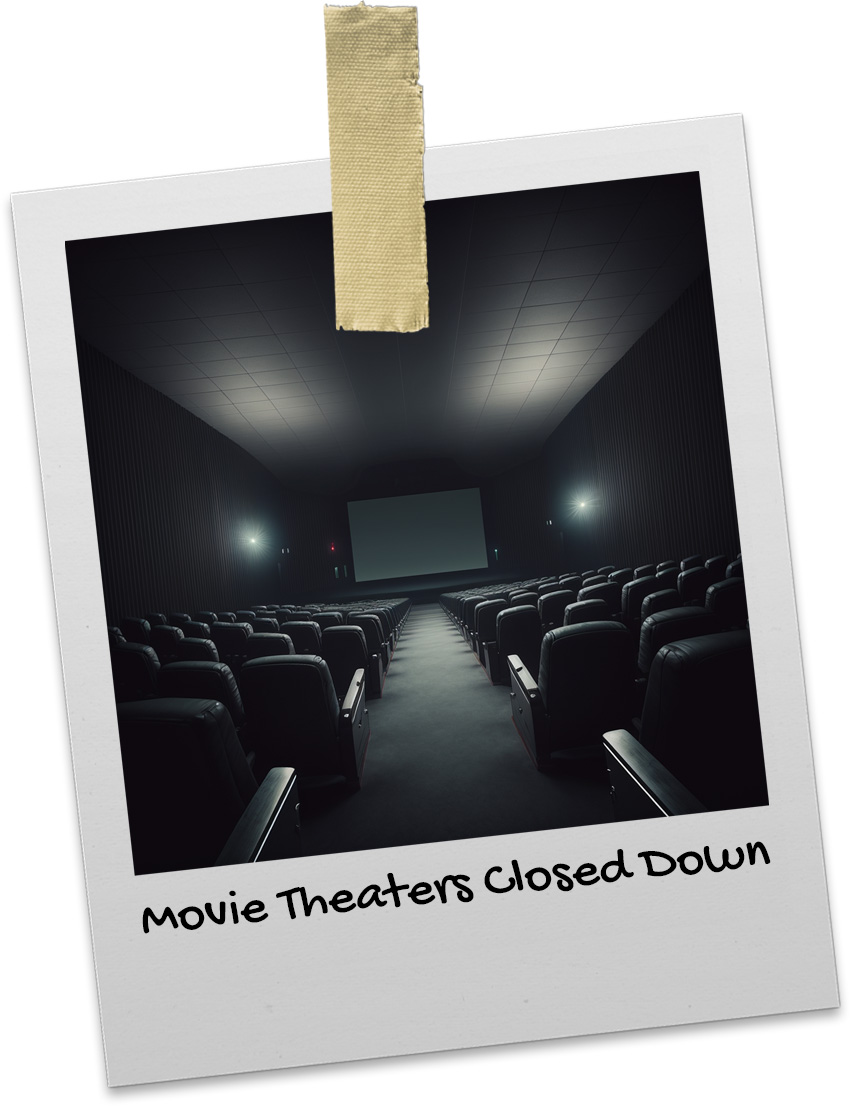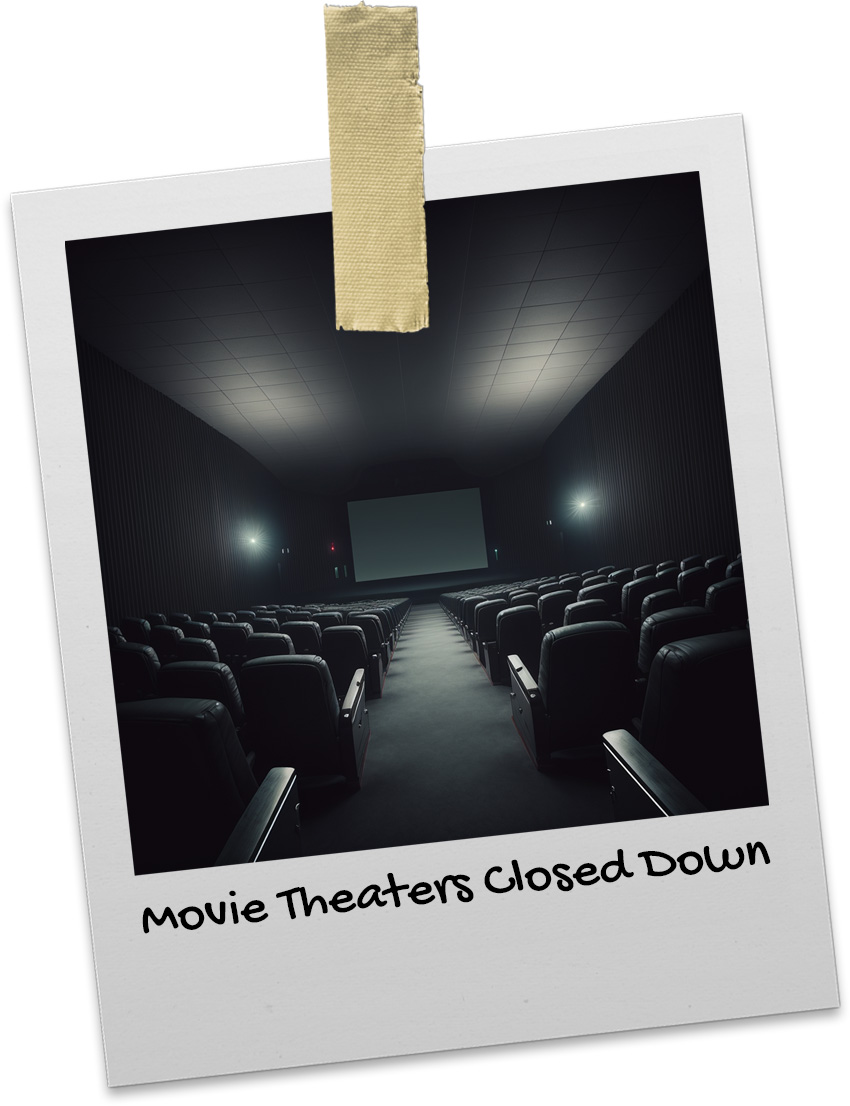Movie Theaters Closed Down


For movie lovers, the pandemic presented a unique challenge: how to satisfy their cravings for the big screen, when the big screen was no longer an option? As the pandemic spread and governments implemented lockdown measures, movie theaters around the world were forced to close their doors. It was a devastating blow for an industry that was already struggling to adapt to the changing landscape of entertainment.
For many movie theaters, the closure was a death knell. Faced with mounting expenses and no income, they were forced to shut their doors permanently. Some theaters invested in technology to enable drive-in screenings, allowing audiences to watch films from the safety of their own cars.
Despite these efforts, the closure of movie theaters had a ripple effect on the entire film industry. Studios were forced to delay the release of their blockbuster films and independent filmmakers struggled to get their work seen. Film festivals were postponed or canceled and filmmakers lost the opportunity to showcase their work to a wider audience.
For movie fans, the closure of theaters was a difficult pill to swallow. They missed the shared experience of watching a film on the big screen, the thrill of seeing the latest blockbuster with a crowd, and the sense of community that came from attending a movie with friends or loved ones.
As the pandemic began to recede and theaters slowly reopened, movie fans were able to return to the big screen. They returned with a renewed appreciation for the magic and power of film and a determination to support their local theaters and the artists who brought their stories to life.
In the end, the closure of movie theaters was a difficult and challenging experience, but it also proved that the love of film is resilient and enduring. It reminded us of the power of storytelling, the importance of community, and the enduring appeal of the big screen experience.



